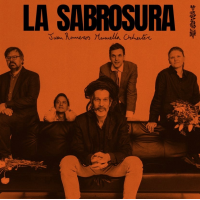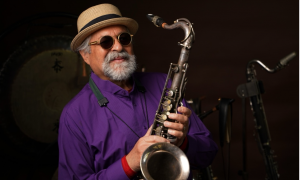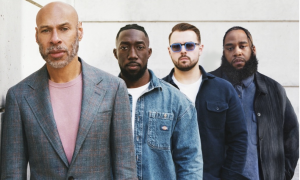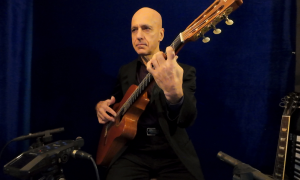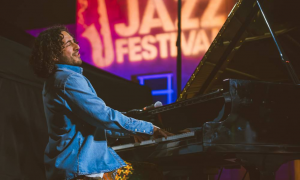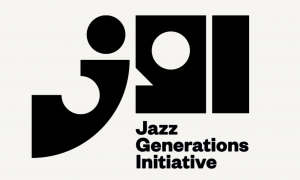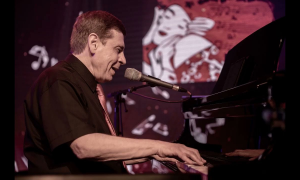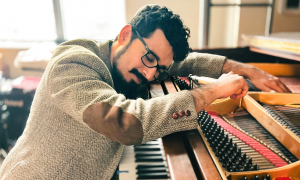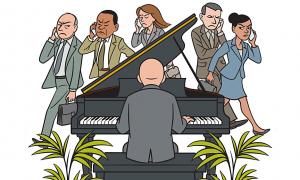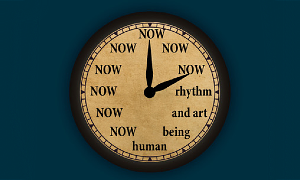The 2009 program, 'Hollywood's Golden Age,' addresses a longstanding lack of respect for music makers whose work was for films.
Carl St.Clair can clearly recall being in the third grade in his hometown of Yoakum, Texas, and being “marched down to the Grand Theater where we all got to see Ben-Hur. I was totally captivated," he says. “The score was overwhelming to me."
Fifty years later, St.Clair is poised to conduct some of Mikls Rzsa's Oscar-winning music from that 1959 epic -- specifically, the “Parade of the Charioteers" - - as part of the Pacific Symphony's annual American Composers Festival, beginning Thursday in Costa Mesa.
Previous festivals have been devoted to, among other areas, music of Mexico and of the American West. This year's theme is “Hollywood's Golden Age," but it does not spotlight the usual pops-concert lineup of chestnuts such as Gone With the Wind and Star Wars. Instead, the festival will offer a fairly radical program that pairs concert music by five composers with their more familiar film works.
In addition to Rzsa's, the music of Erich Wolfgang Korngold and Bernard Herrmann -- who also worked during that “golden age" of the 1930s, '40s and '50s - - will be featured. Also represented will be living composers James Newton Howard, whose “Defiance" score is up for an Academy Award tonight and who has written a 19-minute orchestral piece that will premiere as part of the festival, and Paul Chihara, a veteran composer who writes both film and concert music.
“Hollywood composers of the generation of Korngold and Rzsa and Herrmann were stigmatized," explains festival artistic advisor Joseph Horowitz. “Only now can they receive a fair hearing as composers for film or for concert music.
“A composer like Bernard Herrmann simply was not on the map because he composed for Hollywood and because he composed in what was considered to be a retrograde idiom," Horowitz says. “In retrospect, Herrmann has to be considered one of the most important American composers of his generation, period."
Best known for his associations with Orson Welles and Alfred Hitchcock, Herrmann will be represented during the festival by a suite from Hitchcock's Vertigo and two rarely performed works for other media: “City of Brass," written in 1934 for CBS Radio, and “Souvenirs de Voyage," a clarinet quintet from 1967 that Horowitz calls “the great discovery of the festival . . . a major American chamber work that is virtually unknown."
From Korngold, the Austrian opera composer who immigrated to America in 1938 and scored such Warner Bros. swashbucklers as The Adventures of Robin Hood, the festival will offer a “ Kings Row" suite, a movement from his rarely played 1952 symphony, and Songs for Baritone and Piano. Selections by the Hungarian-born Rzsa will include the one from “Ben-Hur" plus his Theme and Variations for Violin, Cello and Orchestra and a solo cello piece.







